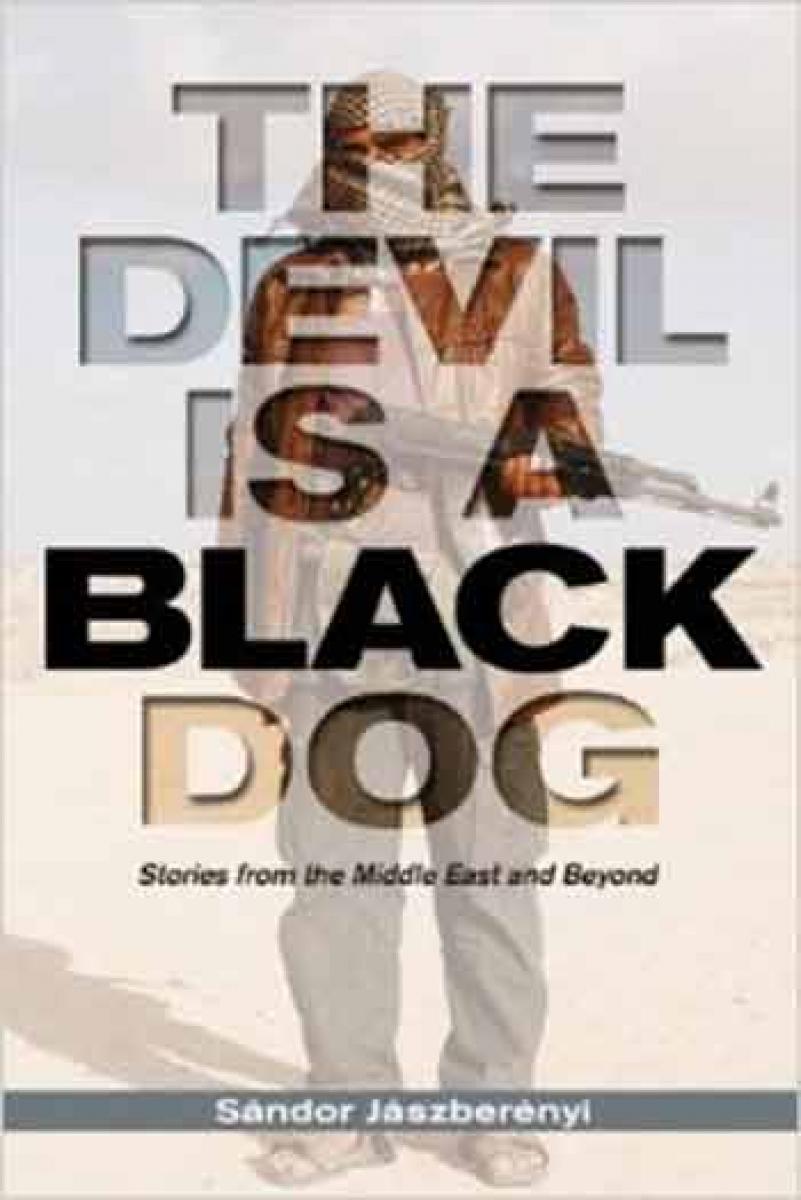Live
- Karnataka Temple Embraces Mechanical Elephant for Cruelty-Free Ceremonies
- Temple modelled after Ram Mandir to be constructed in US
- Property dealer shot dead in broad daylight in Ranchi
- Maharashtra: CM Fadnavis expands Cabinet; inducts 39 ministers
- Winter Session of UP Assembly from Dec 16; CM seeks cooperation of all parties
- AIADMK executive council meet passes sixteen resolutions, vows to make Edappadi CM again
- Manchu Family Feud Resurfaces in Jalpally
- Kerala Hindu leader gifts Rig Veda to Pope Francis
- 35 miners trapped under rubble in Afghanistan
- Lavanya Tripathi's Birthday Gift: Title Announcement of Her New Film ‘Sathi Leelavathi’
Just In

Wars or, for that matter, any violence\'s propensity to impose its own standards of brutality is well-known. What is more alarming is how they induce alienation and lack of empathy even in those reporting the madness, the quick fading of civilisation\'s veneer, the loss of a moral compass, the suffering and other dislocations.
 The writer shows us the human side of war and revolution in the contemporary Middle East and Africa, and of the social upheaval that has held Eastern Europe in its grip since the fall of communism
The writer shows us the human side of war and revolution in the contemporary Middle East and Africa, and of the social upheaval that has held Eastern Europe in its grip since the fall of communism
Wars or, for that matter, any violence's propensity to impose its own standards of brutality is well-known. What is more alarming is how they induce alienation and lack of empathy even in those reporting the madness, the quick fading of civilisation's veneer, the loss of a moral compass, the suffering and other dislocations.
The one-and-a-half-dozen-odd stories in this slim volume offer proof enough - and the squeamish or faint-hearted should stay away. Set in a stark landscapes across North Africa and the Middle East - and also in an oddly-unfamiliar East Europe,
these stories by Hungarian writer and photojournalist Sandor Jaszberenyi (pronounced Shahn-dor Yas-beh-ray-nyee as per the singular Hungarian language) show us the desperate fight to retain soul and sanity and retain the significance of home, love, family, and friendship in circumstances of trauma, in face of wavering faith and loosening of moorings to society and civilisation.
And he betrays a discernible influence of many notable chroniclers of the human condition in prose - of Ryszard Kapuscinski and Ernest Hemingway with their spare but meaningful words, of Joseph Conrad and his moving accounts of the trials of the human spirit and of how close to the surface lurk atavistic, brutal sentiments, of Graham Greene's portrayal of moral struggles of flawed characters, or of the existentialists and the absurdities they undergo and more.
Edgar Allan Poe couldn't have imagined a raven shown as malignant (for a young boy playing with airgun and learning certain hard lessons about life and death and how a weapon can mean suffering and pain for both user and target as in ‘Professional Killers’, the second story of this collection, translated by M Henderson Ellis.
Reading Jaszberenyi is a profoundly moving and unsettling - in his bewildering range of settings, ranging from forgotten villages in trackless, sandy wastes of Darfur, the highlands of Yemen, windswept towns in Gaza Strip where death is never far away, soulless cities in Europe, and more. And the narratives perfectly complement them.
Told from various perspectives, they include the hallucinations of a seriously-ill journalist in Darfur, a sandstorm in Chad which sends the narrator to a French Foreign Legion camp where he hears a strange story Conrad would have envied (with its shocking finale recited matter-of-fact),
of encountering a hard-drinking Islamist in a Cairo cafe and learning how he lost his faith, a casual, arbitrary public execution after a coup in an African nation, two foreign administrators discussing a singularly inappropriate topic as they document evidence of a massacre,
the eerie surreal hunt for a massive man-eating dog in a remote Yemeni town, an estranged son's single-minded zeal to wipe away all memories of the past, the tragedy that befalls a pair of Libyan twins in a rebel stronghold and more.Jaszberenyi, who has covered the Darfur crisis, the revolutions in Egypt and Libya, the Gaza War, and the Huthi uprising in Yemen,
and interviewed several armed Islamist groups, has based the stories on his experiences but fiction is the most viable - and comforting - vehicle for them. They may have happened in the way described but thinking them a figment of imagination leaves a way to forget the powerful, indelible and visceral images they evoke in you.
As said, these stories demand a strong stomach to read but will show our imperfect and unjust world in ways you would never have thought possible. Do start on the trip at least!
By:Vikas Datta

© 2024 Hyderabad Media House Limited/The Hans India. All rights reserved. Powered by hocalwire.com







